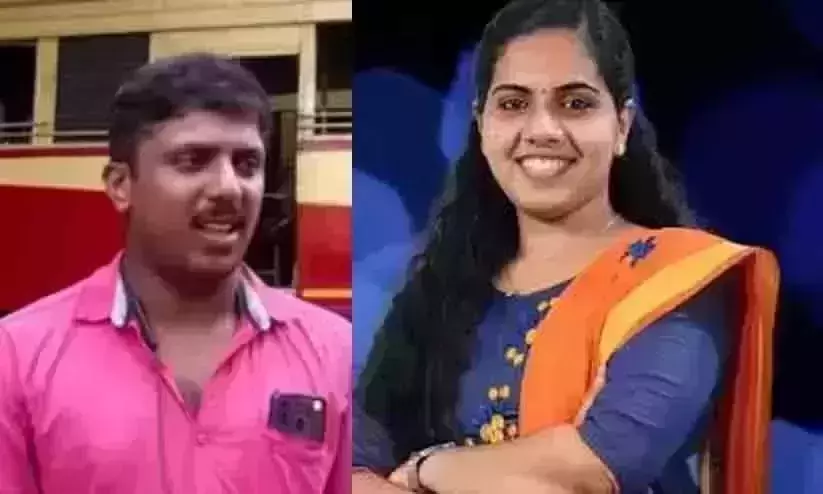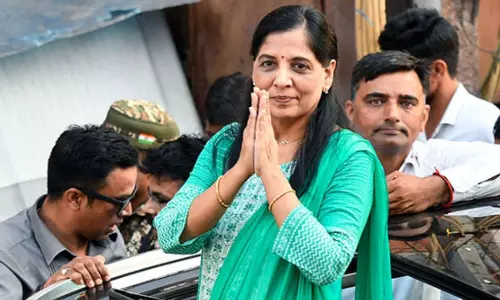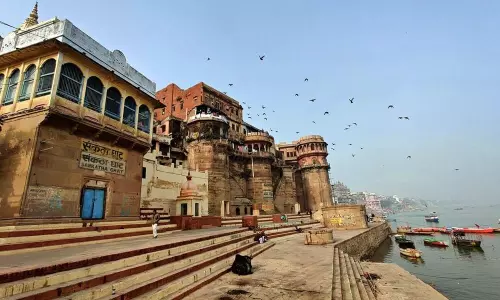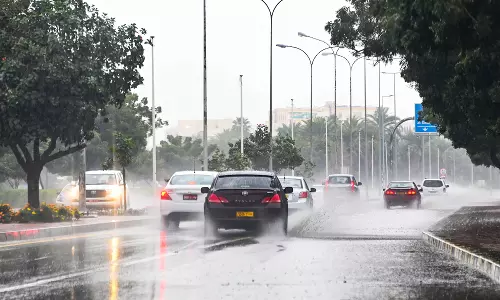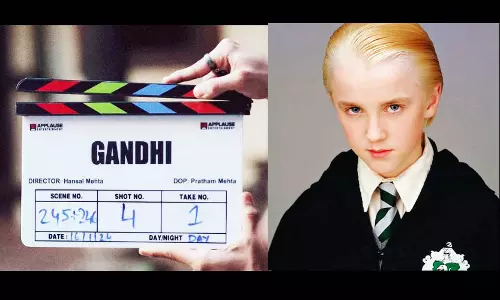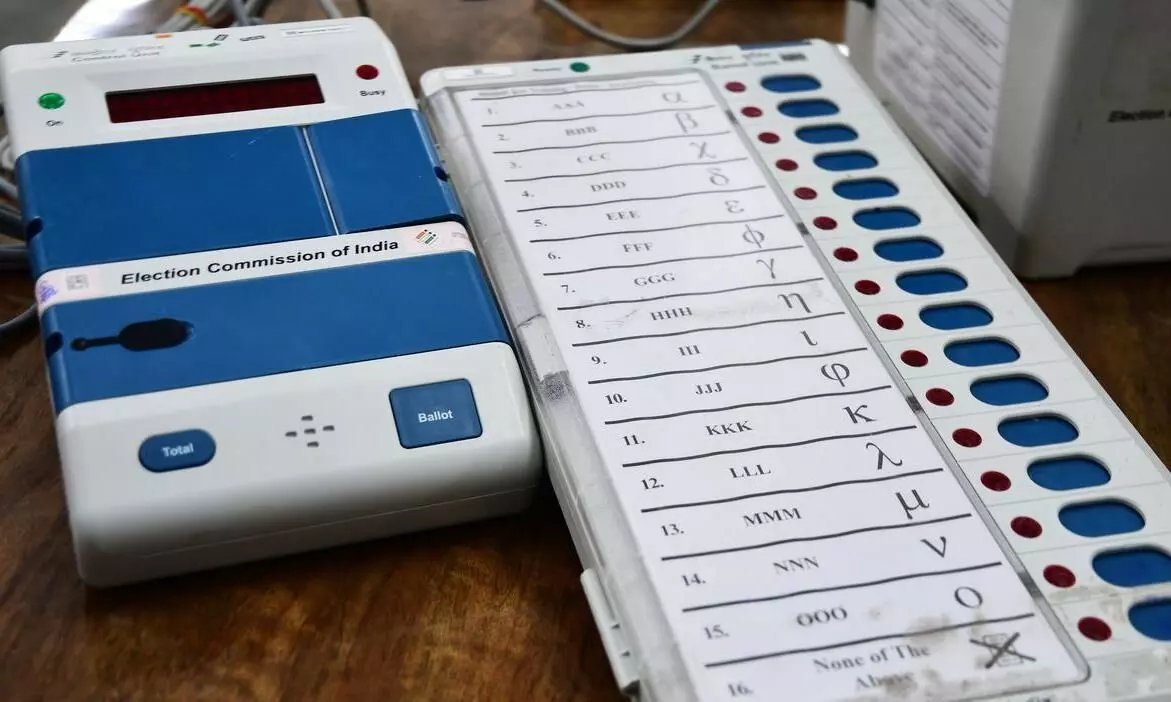
EVMs: The court has to intervene
text_fieldsThe Supreme Court's landmark verdict, which detailed how the Centre’s electoral bond system is unconstitutional, makes it necessary to re-examine the stance taken by the same apex court in the matter regarding electronic voting machines (EVMs). The court recently dismissed a petition filed by the Association for Democratic Reforms (ADR) in 2021, after the petitioner recently sought seeking an urgent trial and adjudication. That petition raised a host of issues related to the 2019 Lok Sabha elections. One of those crucial issues was how appropriate and fair the EVMs and the voter verifiable paper audit trail (VVPAT) system are. Several revelations have been reported recently that question the reliability of this core element of voting. Some study results have also come out that make one doubt the results of the 2019 elections. If the will of the people is likely to be subverted by relying on the EVMs, then it has to be urgently rectified. With the next general election just around the corner, the ADR has filed a plea not to delay considering the petition filed by them several years ago. The Supreme Court rejected the petition and even expressed its displeasure at the repeated filing of petitions which raised doubts about the EVMs.
 Also Read: Centre’s Electoral Bonds Scheme fails Constitutional validity test in SC
Also Read: Centre’s Electoral Bonds Scheme fails Constitutional validity test in SC
The Supreme Court's decision may have been influenced by the Election Commission of India’s (ECI) putting all faith in the electoral system. This might be the reason why the court was unwilling to decide about the petition after examining the doubts raised, just before the commencement of the next election process. However, experts point out that neither the recently released set of frequently asked questions (FAQs) by the ECI nor its updated version, has clarified the doubts. Madhav Deshpande, a software expert who was a consultant to the Obama administration in the United States, has highlighted 11 serious flaws that still exist in the EVMs. Venkatesh Nayak, Director of the Commonwealth Human Rights Initiative, also has explained in technical terms why the EVM-cum-VVPAT system is not fair, showing inconsistencies in the explanations provided in the FAQs by the EC. These are not the only expert observations that question the reliability of electronic voting machines. One argument all its critics reiterate is that the system lacks the transparency needed to ensure the credibility of elections. It is clear that the ECI has failed to authentically establish that the defects pointed out by the experts do not exist. The crucial question here is whether the court should believe the ECI or ensure the transparency of the election system.
That is why the Supreme Court's Electoral Bond judgment is relevant. The most important thing in a democracy is people's right to know facts. The biggest flaw the court saw in the electoral bond system was that it undermined the voter's right to know. This has been mentioned in Article 19 (1) (a) of the Constitution. The court reiterated that informed consent should be exercised and that the people have the right to know whether electoral contributions influence government policies. People have the same right in the matter of election mechanism as well. According to the experts, the criteria by which the electoral bond was declared unconstitutional by the court, also render the EVMs unconstitutional. They point out many examples of lack of transparency in the structure, operation and management of EVMs. It would be unfortunate if the Supreme Court is unable to promptly hear and decide on the matter; a significant loss for democracy as well.




